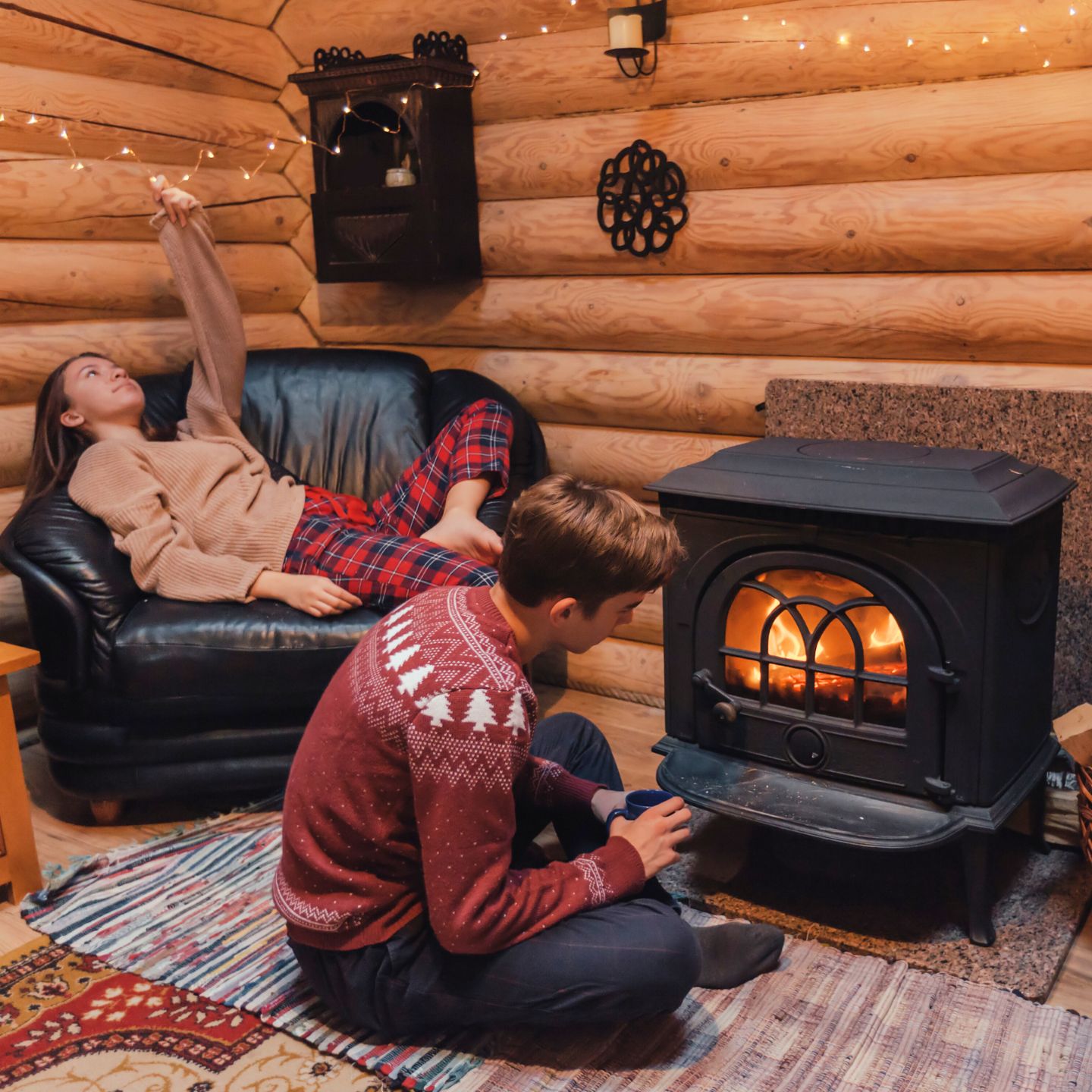
As colder temperatures approach, ensuring your cabin is ready for the cold temperatures is important. Whether you own a vacation home or a business that operates in the mountains during the winter, preparing your cabin is essential for your safety and comfort. Below are the essential tips to prepare your cabin for cold temperatures. As a result, you’ll avoid potential damage to your property and guarantee a cozy and comfortable winter season.
Insulate Your Cabin
Insulating your cabin is the first step to preparing for the winter season. It will help keep the heat inside and minimize energy costs. There are several ways to insulate your cabin, including adding extra insulation to walls, floors, and attic spaces. Insulating your pipes can also prevent them from freezing, which can cause serious damage to your cabin.
Check Your Heating System
One of the most important things to do before the winter season starts is to check the heating system in your cabin. Ensure it is working properly and have a professional service it if necessary. If you have a wood-burning stove or fireplace, get it cleaned and inspected. There is nothing worse than being stuck in a cold cabin in the middle of winter.
Furthermore, inspecting and understanding your heat pump system is crucial for keeping your home warm in the winter. Practice regular maintenance to ensure functionality and maximum efficiency. Lastly, replace any broken or worn-down parts to prevent damage.
Seal Windows and Doors
Properly sealing your windows and doors is essential to keep the cold out and warm air in. Check for any drafts around windows and doors, and seal them with weatherstripping or caulking. This will help you reduce your heating costs and improve your cabin’s energy efficiency.
Clear Your Gutters
Cleaning gutters and downspouts is essential for preparing your cabin for the winter. Properly draining your gutters will keep water away from your cabin’s foundation. Also, make sure to clear your gutters of any debris before the winter season begins. This will prevent ice dams from forming on your roof, which can cause water damage to your cabin.
Keep Emergency Supplies on Hand
Lastly, have emergency supplies on hand in case of power outages or other emergencies. Keep extra blankets, flashlights, batteries, and nonperishable food items in your cabin. You should also have a supply of firewood or a generator to keep yourself warm during a power outage.

Leave a Reply